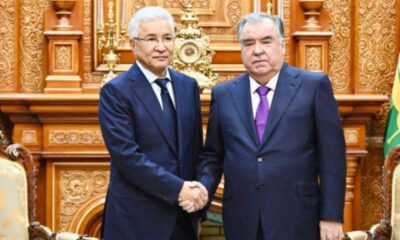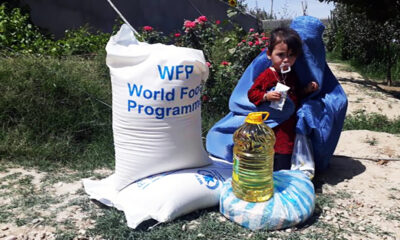Latest News
HALO Trust reports sharp drop in number of mines cleared globally last year
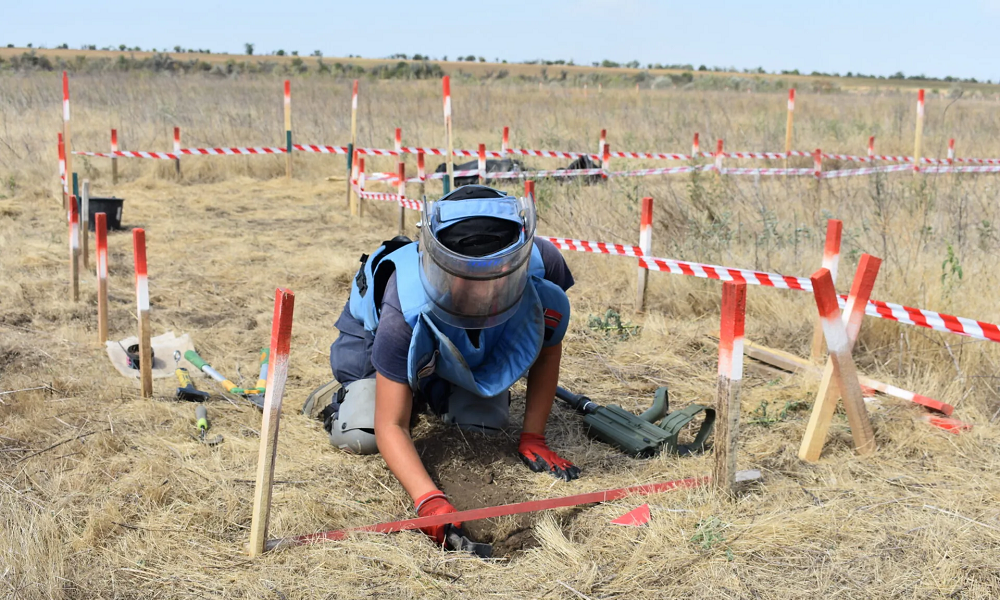
Scotland-based HALO Trust on Monday called for global recommitment to the Landmine Ban Treaty following a 10 percent drop in the number of anti-personnel mines cleared in 2023 against the previous year.
In a report issued this week, the organization said over 65 square kilometers of land in 26 provinces of Afghanistan are contaminated with improvised explosive devices (IEDs).
HALO Trust stated that Afghanistan was one of the top four countries most densely contaminated with IEDs.
According to the organization, 60 countries around the world struggle with landmines. HALO Trust operates in one third of these countries.
In Afghanistan, the organization works with over 2,200 demining employees.
The other three mostly densely contaminated countries are Cambodia, Iraq and Ukraine.
The sharp decrease in landmines cleared is testimony to the organization’s need for funding and for greater political commitment.
In addition, the Geneva International Centre for Humanitarian Demining think tank recently reported that global funding to clear landmines fell by 18 percent in the decade to 2022 – a drop of $1.18 billion.
James Cowan, CEO of The HALO Trust said: “This report is a wake-up call for the world at a time of escalating conflict. There can be no recovery from war or sanctuary for the displaced until explosive weapons are cleared and destroyed.
“Until this work is done, thousands of civilians continue to live in fear,” he said.
“HALO is working in all the countries with massive contamination, including Ukraine. But we also work in other countries whose contamination is barely known, let alone addressed,” he added.
Latest News
Pakistani PM urges IEA to rein in terrorist groups
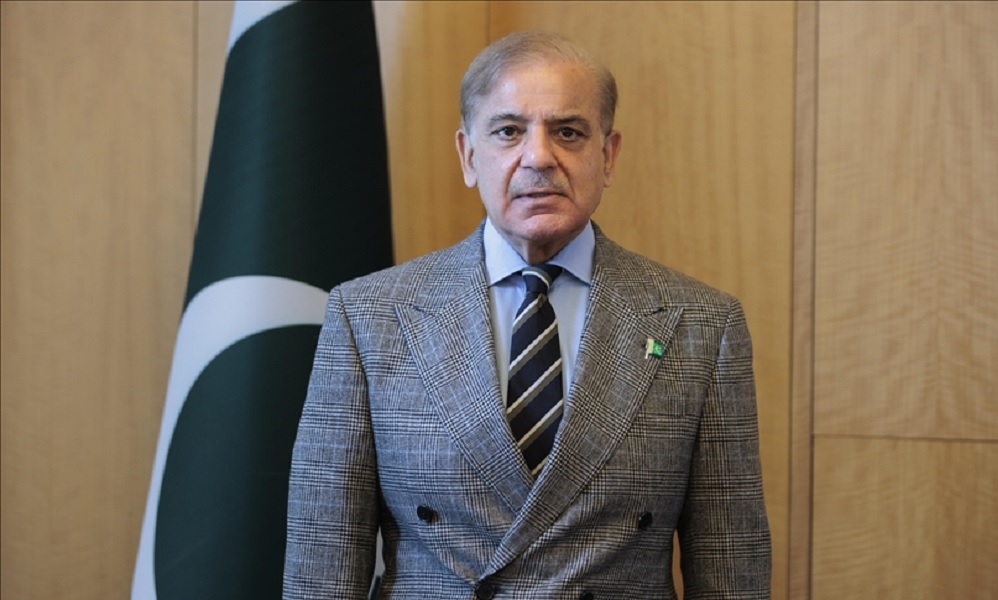
Pakistan’s Prime Minister Shehbaz Sharif has said that it’s a sad reality that the soil of neighbouring Afghanistan is being used for terrorist attacks inside Pakistan.
“Afghanistan is our brotherly country and the two countries are neighbours by nature. We have to live as good neighbours. It’s up to us how we live cordially and in a friendly way. We have asked the Afghan interim government several times that the Afghan soil should not be used as per the Doha agreement against Pakistan and its interests,” Shehbaz told the media during his visit to London, Geo News reported on Sunday.
“Sadly, terror groups such as Tehreek-e-Taliban (TTP) and other terror groups are operating from Afghanistan. They have killed innocent people inside Pakistan. These sacrifices of Pakistanis will not go in vain. My advice to Afghanistan is to rein in these terrorist groups.”
Pakistani officials have repeatedly claimed that Afghan soil is being used in attacks against Pakistan.
The Islamic Emirate, however, has denied the allegations, saying Afghanistan is not responsible for Pakistan’s “security failure”.
Latest News
Pakistan’s Punjab CM calls for ‘human response’ to Afghan girls’ education ban
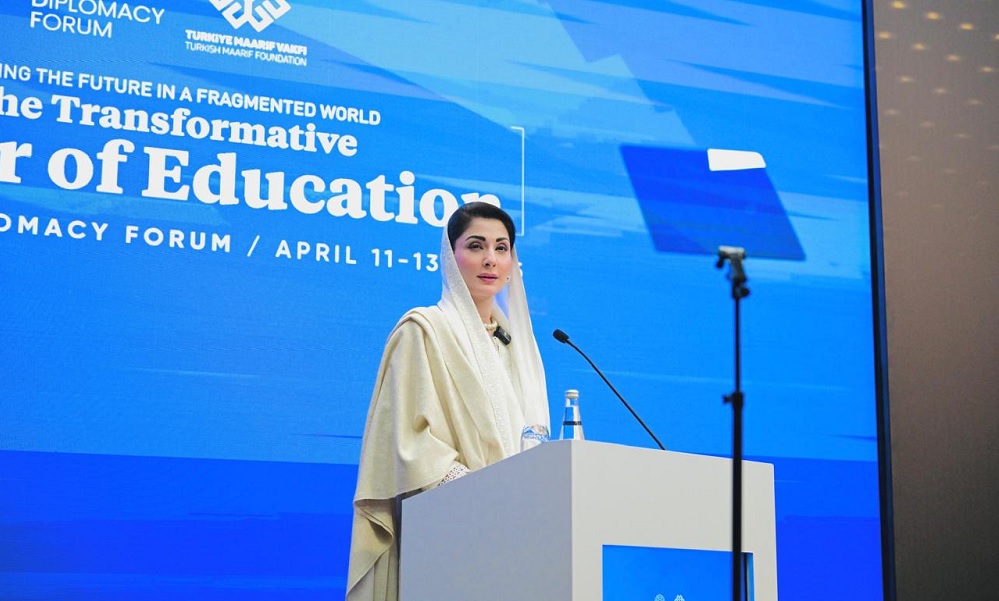
Maryam Nawaz, the chief minister of Pakistan’s Punjab province, on Saturday expressed regret over the educational restrictions on girls in Afghanistan, calling on the international community to address the issue.
Speaking at the Antalya Diplomacy Forum in Turkey, Maryam stressed that no society progresses without investing in the welfare of women and children.
“Innocent children lie under the rubble in Palestine. Girls in Afghanistan are denied access to schools. The children of Kashmir are victims of oppression. In Sudan, they walk miles for food. These are not isolated issues—they demand collective human response,” she said.
The Islamic Emirate has suspended education of girls beyond sixth grade.
This policy has been widely criticised internationally.
Latest News
IEA Supreme Leader defends public executions, says its as ‘part of Islam’
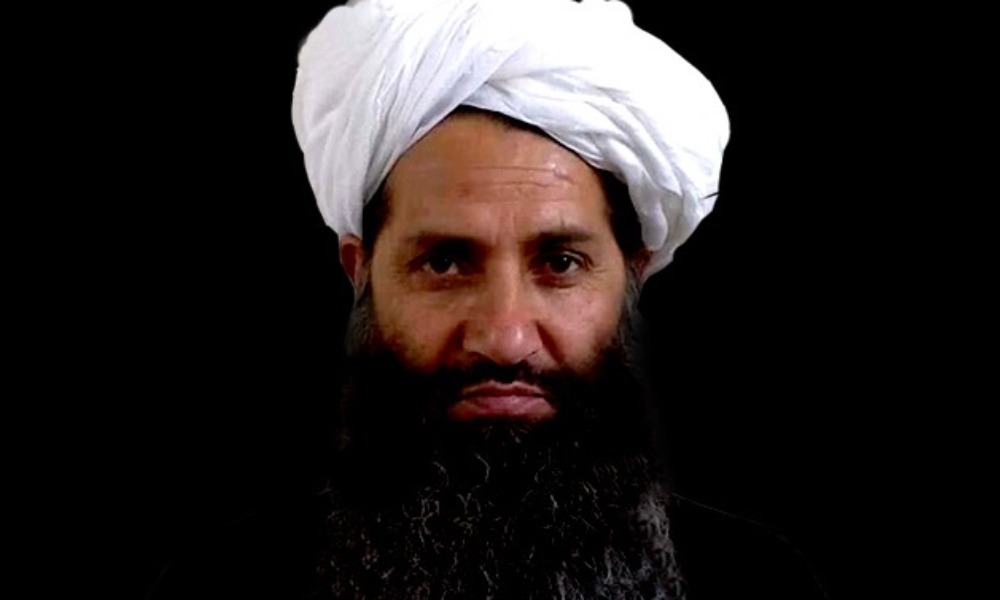
The Supreme Leader of the islamic Emirate of Afghanistan (IEA) Hibatullah Akhundzada has defended public executions and said these are an integral part of Islam.
In a voice clip reportedly taped during a speech at a seminar for Hajj instructors in Kandahar on Saturday, Akhundzada said: “We must carry out disciplinary measures, perform prayers and acts of worship. We must enter Islam completely. Islam is not just limited to a few rituals; it is a comprehensive system of all divine commands.”
Not a single command of Islam should be left unfulfilled, he is heard saying on the voice clip, which was posted to X by the IEA’s spokesman Zabihullah Mujahid.
God had commanded people to pray and to enforce his punishments, said Akhundzada, adding that the IEA did not wage war for power or wealth but rather to “implement Islamic law”. He rejected criticism of the executions.
This comes after widespread condemnation following the execution by firing squad on Friday of four men convicted of murder.
Akhundzada has previously rejected the need for Western laws in Afghanistan.
He said Saturday: “Yesterday, executions were carried out. You saw how much protest was raised in the world, and said that they [IEA] kill people, that they are oppressors, that they terrorize people. They call this terror; they call this against Sharia; but this is a Sharia order to take revenge. One order is to implement the orders of Allah. One order is to impose punishments,” said Akhundzada.
He added that the Islamic Emirate is facing a great test but they will not bargain with the world over Islam, religion, and the Prophet (PBUH).
-

 Sport4 days ago
Sport4 days agoAfghanistan win U-19 cricket series despite rain-impacted loss to Nepal
-
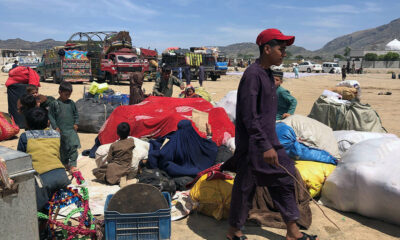
 Latest News5 days ago
Latest News5 days agoPakistan expels thousands of Afghan nationals in fresh drive, says UNHCR
-
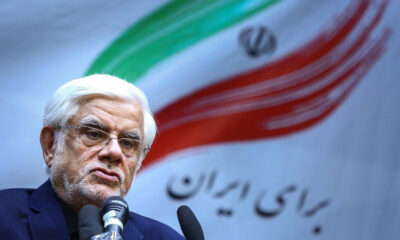
 Latest News5 days ago
Latest News5 days agoIran’s Vice President advocates stronger ties with neighbors, especially Afghanistan
-
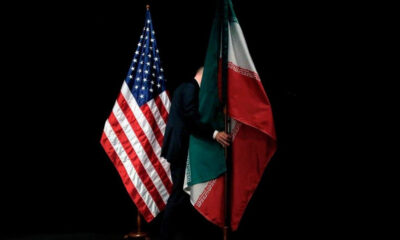
 Regional5 days ago
Regional5 days agoUS energy secretary sees tighter sanctions on Iran without deal
-
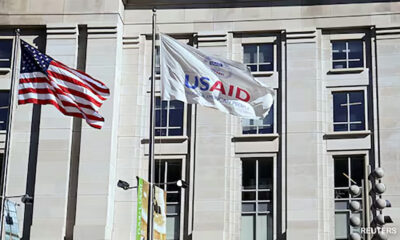
 Latest News5 days ago
Latest News5 days agoTrump administration moves to restore some terminated foreign aid programs, sources say
-
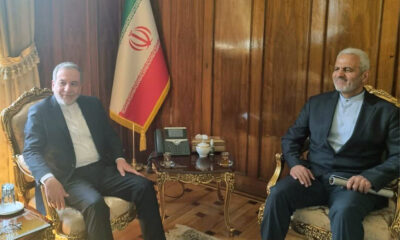
 Latest News5 days ago
Latest News5 days agoBigdeli updates Iran’s FM on current status of bilateral relations with Kabul
-
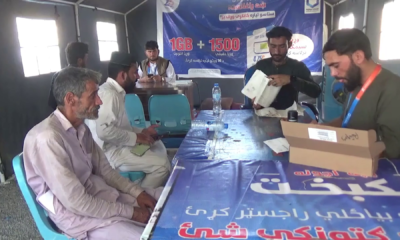
 Latest News4 days ago
Latest News4 days agoAWCC distributes free SIM cards to returning refugees from Pakistan
-

 International Sports5 days ago
International Sports5 days agoIPL 2025: Arya slays CSK for Punjab Kings








